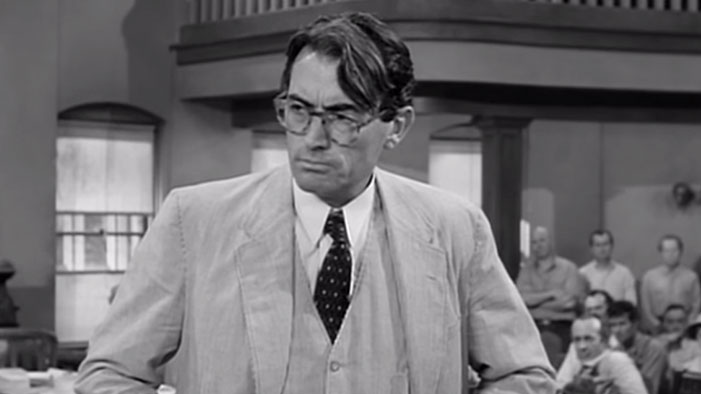Everything Classic Lit Taught Me About #Adulting

Adulting is the art of tackling your responsibilities head-on, like you are Hulk Hogan and your responsibilities are some other famous wrestler whose name I don’t know because I don’t actually follow that sport. So how do you become a pro at adulting your way through this thing called life? The answer is simple: by reading. Classic literature is full of immature characters (looking at you, Heathcliff), but many time-honored novels and plays also contain useful messages about adulting.
Read on for the wisdom of the ages. In no time at all, you’ll be doing your own laundry and eating all your vegetables, and people will be calling you “sir” or “ma’am” instead of “that unruly youth-heathen.”
The Odyssey: If people are counting on you to show up on time, then don’t let yourself get distracted—not by your friend who you happened to run into at the grocery store, and definitely not by gods, witches, or Lotus-eaters.
Moby Dick: Sometimes you have to let go of an obsession in order to focus on the people who are counting on you, like your friends and family or the crew of your ill-fated whaling vessel.
To Kill a Mockingbird: Part of becoming an adult is recognizing all the hard work done by your parents. Even if your mom and dad aren’t public defenders who tirelessly work to free the innocent in an unjust society, they’ve put a lot of effort into taking care of you. Appreciate them, even if everyone else in your town finds them embarrassing.
The Picture of Dorian Gray: There are more important things in life than youth and beauty, like your friends, whom you should definitely not stab. No, not even if they criticize your life choices.
The Scarlet Letter: Don’t give up when others have a bad opinion of you. Prove them wrong by ignoring the negative attention, focusing on your needlework, and hanging out with the village witch.
Les Misérables: Don’t be afraid to take on responsibilities. This could mean campaigning for a leadership position in a student activity, taking part in a doomed revolution, or adopting a child while fleeing from justice.
The Great Gatsby: Adulting and adultering are not to be confused. An adult cleans up messes; an adulterer simply allows other people to clean up the emotional messes he leaves behind. There also might be some bodies.
Macbeth: Some stains just refuse to come out! Whether you spilled Kool-Aid on the couch cushions or you killed a man and your clothes have been soiled with the blood of the innocent, it’s important to have bleach, dry detergent, and paper towels on hand. You’ll be glad you did.
Are you an Adulting pro, or are you leaving a trail of bodies in your wake?












